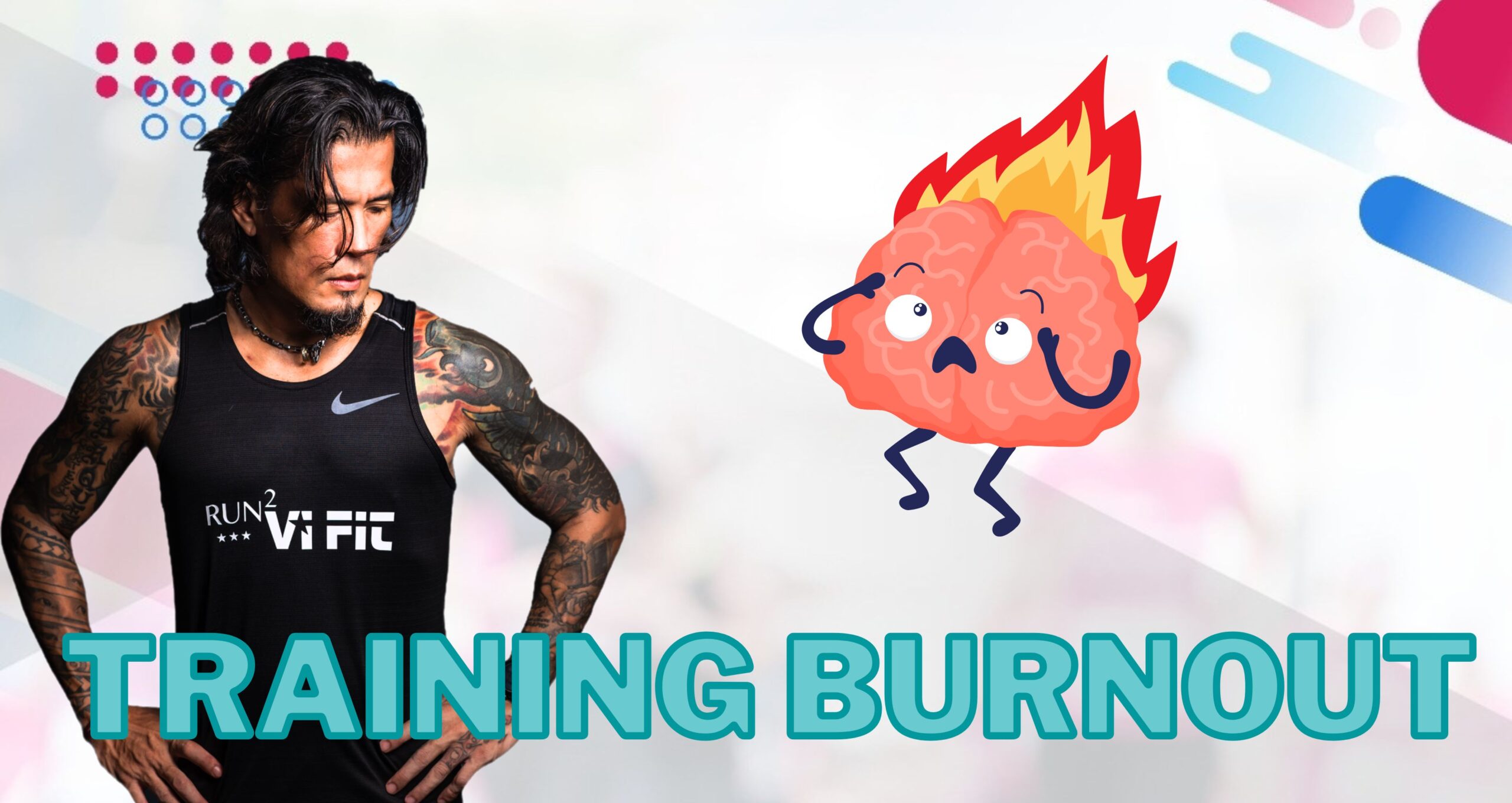Your cart is currently empty!

Running Burnout: Understanding How It Leads to Injuries
/
Running Burnout: Understanding How It Leads to Injuries
Running is a beloved activity that promotes physical fitness, mental clarity, and a sense of accomplishment. However, pushing too hard without rest can lead to burnout and related injuries. However, when the demands of training or competing exceed your ability to recover, you may experience running burnout—a state of physical, mental, and emotional exhaustion. If left unaddressed, burnout can lead to various injuries that compromise your well-being. Here, we explore how burnout can lead to injuries in multiple aspects: physical, mental, and emotional.

Physical Injuries
1. Overuse Injuries:
Running burnout often involves excessive training without adequate rest. This imbalance can result in overuse injuries such as stress fractures, plantar fasciitis, or tendinitis. These conditions occur when repetitive stress on muscles, bones, and tendons surpasses their capacity to repair and recover.
2. Weakened Immune System:
Prolonged physical stress from overtraining can weaken the immune system. A compromised immune system slows the body’s ability to heal from minor injuries, leaving you more vulnerable to chronic pain and inflammation.
3. Compromised Biomechanics:
Fatigue caused by burnout can alter your running form, leading to biomechanical inefficiencies. Poor running mechanics increase the risk of strains, sprains, and other injuries that may sideline your training.

Mental Injuries
1. Loss of Focus:
Burnout impacts mental clarity and concentration. A runner suffering from burnout may find it harder to focus during training or races, increasing the likelihood of accidents such as tripping, falling, or misstepping on uneven surfaces.
2. Decreased Motivation:
Burnout often manifests as a lack of enthusiasm for running. This mental fatigue can result in inconsistent training schedules, rushed warm-ups, or skipping essential recovery routines. Over time, these lapses in preparation and care can indirectly cause physical injuries.
Emotional Injuries
1. Stress and Anxiety:
The pressure to meet performance goals while grappling with burnout can lead to significant emotional stress. This emotional strain doesn’t just affect your mood—it can also reduce your overall resilience and hinder physical recovery.
2. Low Self-Esteem:
Failing to meet your expectations due to fatigue and underperformance can lead to feelings of inadequacy and low self-worth. This emotional injury often compounds the mental and physical toll of burnout, making recovery even more challenging.
3. Isolation:
Burnout can cause you to withdraw from your running community or support system. This isolation exacerbates feelings of loneliness or depression, further diminishing your emotional well-being.
Addressing Running Burnout
Preventing and addressing burnout requires a balanced approach to training and recovery. Here are some strategies to maintain both physical and emotional health:
1. Prioritize Rest and Recovery:
Incorporate rest days into your training plan and ensure you get adequate sleep. Active recovery, such as light stretching or yoga, can also help reduce fatigue without adding stress to your body.
2. Listen to Your Body:
Pay attention to signs of fatigue, discomfort, or declining performance. Adjust your training intensity or volume accordingly to prevent injuries.
3. Focus on Nutrition:
A well-balanced diet rich in essential nutrients can support your body’s recovery and immune function. Proper hydration is equally important to avoid fatigue and muscle strain.
4. Seek Professional Guidance:
Work with a coach or trainer to create a personalized training program that aligns with your goals and physical capabilities. A physical therapist or sports psychologist can also provide valuable insights if burnout symptoms persist.
5. Cultivate Emotional Resilience:
Practice stress-management techniques such as mindfulness, meditation, or journaling to address emotional challenges. Connecting with your running community can also provide a sense of belonging and motivation.
Running burnout is a serious issue that can affect your physical, mental, and emotional health. By recognizing the signs early and taking proactive measures, you can prevent burnout from leading to injuries and continue to enjoy the many benefits of running.

